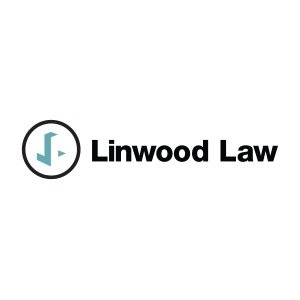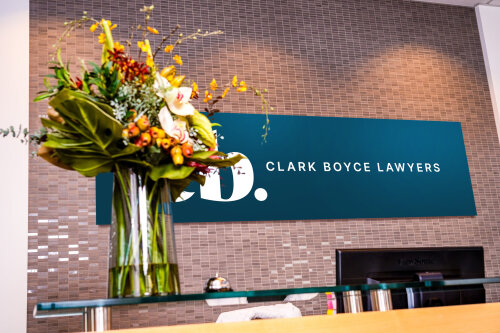Best Franchising Lawyers in Christchurch
Share your needs with us, get contacted by law firms.
Free. Takes 2 min.
List of the best lawyers in Christchurch, New Zealand
About Franchising Law in Christchurch, New Zealand
Franchising law controls the operation and formation of franchises in Christchurch, New Zealand. Despite there being no specific franchising legislation in New Zealand, the sector is governed by a broad scope of laws dealing with general contract law, intellectual property, competition law, fair trading and more. The conduct of franchise relationships is majorly influenced by the Franchising Code of Practice which provides guidance on best practice within the franchise sector.
Why You May Need a Lawyer
Engaging a lawyer is essential in navigating the franchising terrain in Christchurch. Whether you are a prospective franchisee assessing a possible franchise purchase, or a franchisor aiming to franchise your business, it is crucial to have legal advice. Lawyers can be helpful in confirming franchise agreement terms, assisting in negotiation, and providing informed advice about statutory obligations. The complexities and the high risk nature of the franchise business make it necessary to have a lawyer to guide this legal process.
Local Laws Overview
The Sale and Supply of Alcohol Act of 2012, Consumer Guarantees Act 1993, and Fair Trading Act 1986 are some of the key laws having relevance to franchising in Christchurch. The New Zealand common law also plays a key role, particularly contract law. As there's no specific franchising legislation, franchisors and franchisees must operate within these laws and also adhere to the Franchising Code of Practice to ensure fair and ethical behavior in their franchising relationships.
Frequently Asked Questions
What are the typical franchise legal fees in Christchurch?
Franchise legal fees are significantly variable, they depend on the specifics of the franchise, the lawyer's experience, and the complexity of the work involved. It's advisable to consult a lawyer directly for an estimate.
What laws protect franchisees in Christchurch?
Although there’s no specific franchising legislation, franchisees are protected by various business laws such as the Fair Trading Act 1986, the Companies Act 1993, the Consumer Guarantees Act 1993, and the common law rules of contract and tort.
How long does it take to finalize a franchise agreement?
The duration to finalize a franchise agreement largely depends on the complexity of the agreement and the negotiation process. It might take several weeks to a few months.
Can I change my mind after signing a franchise agreement?
Generally, once a franchise agreement is signed, you are legally bound by its terms and conditions. There is no statutory cooling-off period. However, some agreements may include cooling off terms, so always consult your lawyer.
What if a dispute arises between a franchisor and franchisee?
Disputes are usually resolved following the dispute resolution mechanism outlined in the franchise agreement, which can involve negotiation, mediation, or litigation.
Additional Resources
Franchise Association of New Zealand (FANZ) is the major body which promotes best practice in franchising. Commerce Commission New Zealand is another useful resource, giving guidance on competition, fair trading, and consumer credit contracts.
Next Steps
If you require legal assistance in franchising, begin by identifying a solicitor specializing in franchise law. Consider their experience in the sector, their reputation, and their fee structure. It is essential to take an informed approach because franchising is a major financial and legal commitment.
Lawzana helps you find the best lawyers and law firms in Christchurch through a curated and pre-screened list of qualified legal professionals. Our platform offers rankings and detailed profiles of attorneys and law firms, allowing you to compare based on practice areas, including Franchising, experience, and client feedback.
Each profile includes a description of the firm's areas of practice, client reviews, team members and partners, year of establishment, spoken languages, office locations, contact information, social media presence, and any published articles or resources. Most firms on our platform speak English and are experienced in both local and international legal matters.
Get a quote from top-rated law firms in Christchurch, New Zealand — quickly, securely, and without unnecessary hassle.
Disclaimer:
The information provided on this page is for general informational purposes only and does not constitute legal advice. While we strive to ensure the accuracy and relevance of the content, legal information may change over time, and interpretations of the law can vary. You should always consult with a qualified legal professional for advice specific to your situation.
We disclaim all liability for actions taken or not taken based on the content of this page. If you believe any information is incorrect or outdated, please contact us, and we will review and update it where appropriate.

















